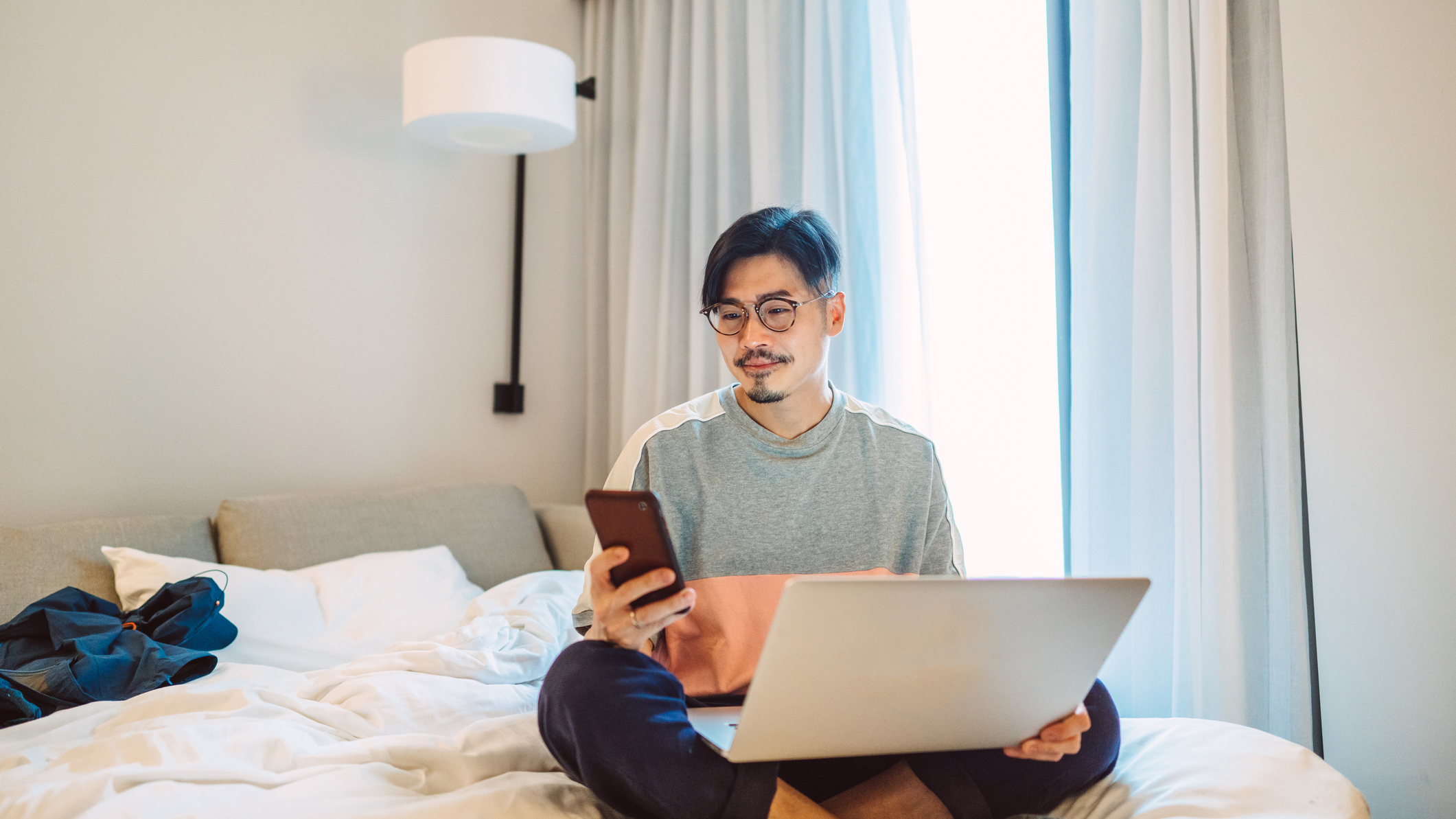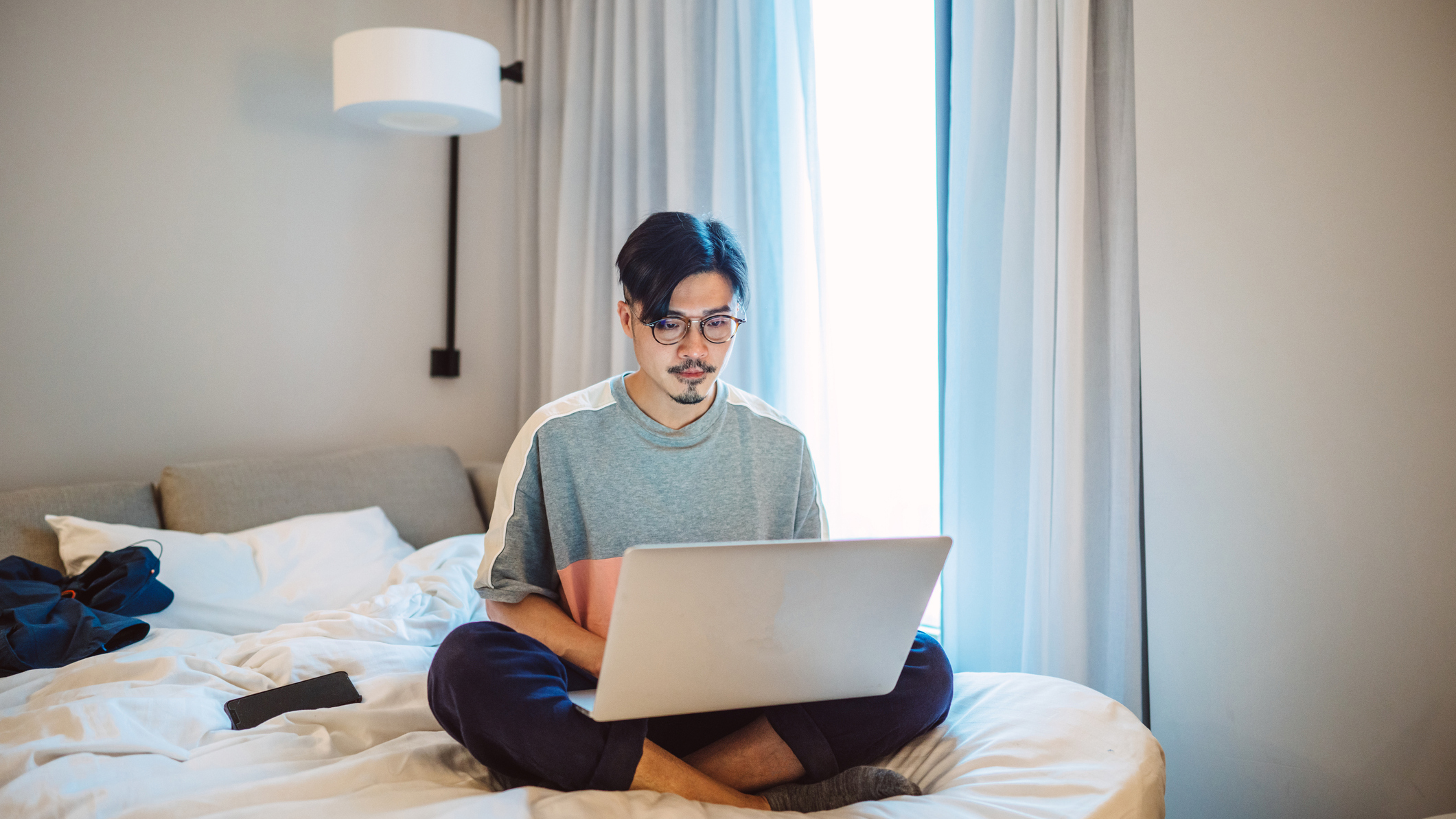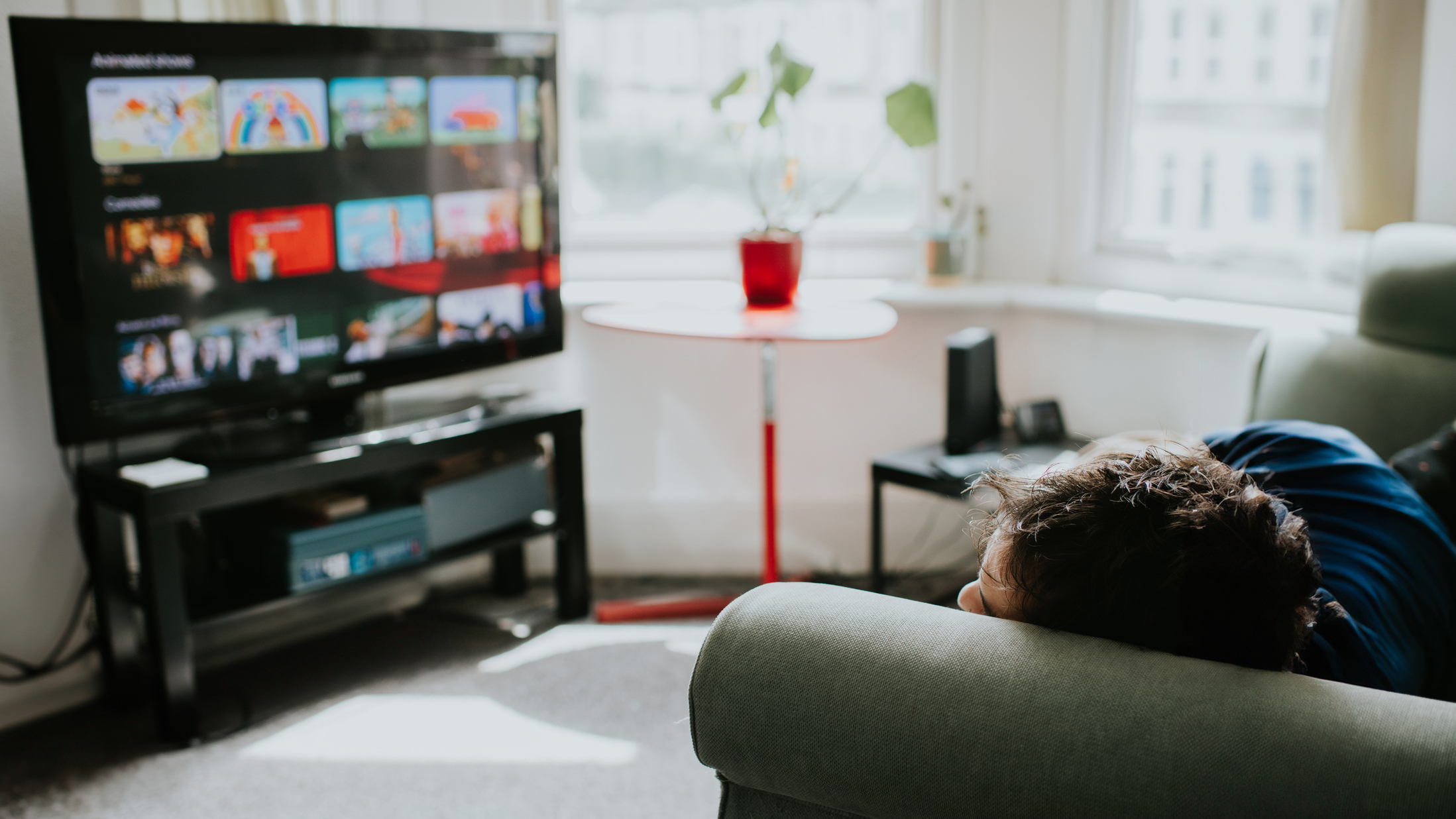
Getting the best hotel room includes many perks: a free minibar (if you're lucky!), cable with all local channels, and, of course, that glorious free Wi-Fi connection we all rejoice over. However, that free Wi-Fi access can sometimes come with unexpected baggage – from annoying slow speeds to potentially massive security risks.
So, in addition to that travel-sized conditioner, packing the best VPN is a must.They're incredibly useful, helping you bypass geo-restrictions, enjoy your favorite streaming services, and browse the web securely, no matter which hotel room you're cozying up in.
I'll explore the potential security risks typically associated with using public Wi-Fi – and teach you how to use a VPN to unlock exclusive deals and discounts on travel websites, flights, and accommodations, ultimately saving you more money on your next adventure.
How do VPNs work?
VPN stands for Virtual Private Network. It's a software application that encrypts your internet traffic and unblocks geo-restricted content, all in just a few clicks.
Once connected, the VPN creates a secure tunnel between your device (computers and smartphones) and the internet, making any data you send or receive unreadable to third parties. While doing this, it masks your real IP address, preventing websites and services (including your internet service provider) from tracking your true location or identity, whether you use your own (home) secure network or public networks, like hotel or airport Wi-Fi.
In addition to enhancing your online privacy, a VPN allows you to connect to servers in different countries, enabling you to access region-fenced content such as streaming services, websites, or apps.
Why use a VPN in a hotel?
There are plenty of good reasons to travel with a VPN – and the good news is that it won't take up any space in your luggage.
Protect your privacy when using free Wi-Fi
As I mentioned before, free Wi-Fi is a big plus for most people when picking a place to stay, and it's commonly listed as a top amenity in hotel descriptions. For most regular users, this is more than enough, as they're happy to avoid the hassle and expense of international data roaming charges or having to purchase local internet cards or SIM cards.
But here's the catch – things that are free rarely come without a cost. It's kind of like Murphy's Law – if something seems too good to be true, it probably is.
Without a VPN, your online activity is vulnerable to eavesdropping while using free Wi-Fi
Free Wi-Fi in hotels, while undoubtedly convenient, can pose significant security risks. Without a VPN, your online activity is vulnerable to eavesdropping. By that, I don’t mean just hotel administrators or IT staff. People who are physically outside of the hotel (read: hackers) can also intercept your data, including sensitive information like login credentials and personal messages. This way, using a hotel Wi-Fi may expose you to identity theft or even blackmail.
But it gets worse. Free Wi-Fi networks are susceptible to so-called man-in-the-middle attacks, a type of cyberattack in which hackers intercept communication with legitimate websites. They can also set up rogue hotspots known as honeypots, which mimic legitimate networks, luring unsuspecting users into connecting and compromising their devices.
This is why using a VPN is crucial to protect your privacy on public Wi-Fi. By encrypting your internet traffic, it makes it unreadable to anyone intercepting your connection. This way, you can prevent hackers from accessing your sensitive data and make sure your online activities remain private.

Steer clear of malware
One might (rightfully) think, "Hackers can read my messages as long as they want. I have nothing to hide." But it's not as simple as it may seem on the surface. You see, intercepting your internet traffic is just the tip of the iceberg, and it doesn't necessarily involve a man in a black hoodie sitting somewhere in another corner of the world reading your messages. It goes way beyond that.
Free Wi-Fi, whether in your hotel room, an airport, or even your favorite local coffee shop, is a breeding ground for malware. Hackers can exploit these unsecured networks to distribute malicious software designed to infect your devices.
Malware is a sneaky little parasite that wreaks havoc, ranging from minor annoyances like slowing down your computer to severe consequences you never thought possible. It can silently infect other devices on your network, render your computer unusable, and steal sensitive information, such as the login credentials I mentioned before, financial data, and personal or business files.
This stolen data can then be used for identity theft, all types of financial fraud, and even data breaches, where your personal information is exposed to the public. Malware goes beyond tracking your online activity, compromising your privacy, and even taking control of your device for malicious purposes.
But do keep in mind that getting the best VPN can only help you mitigate those risks, not solve problems that have already occurred. If your devices are already infected, the best course of action is to employ a robust antivirus solution or malware removal tool.
Enjoy content from back home (or overseas)
Beyond protecting your data from hackers and malware on hotel Wi-Fi, VPNs offer another significant advantage for travelers: access to region-locked streaming services. Many travelers (me included) face the frustration of limited access to their favorite streaming services abroad.
Have you ever tried watching "The Shawshank Redemption" on Netflix UK? If you come from the U.S., you might be surprised to find that this all-time classic is frustratingly absent from the U.K. library. Let me warn you – this is not an isolated incident.

Wondering which provider we recommend for streaming – at home or overseas? Head on over to our guide to today's best streaming VPNs.
In case you didn’t notice, platforms like Netflix, BBC+, Amazon Prime Video, and Hulu often have different content libraries based on geographic location. This is due to licensing agreements, and it essentially means that you might not be able to continue watching a movie or TV series you started at home or enjoy the latest releases if you're traveling overseas.
Luckily, VPNs can help you overcome such restrictions. VPNs use "geo-spoofing," which allows you to connect to a server in another country. This way, it tricks the websites you visit into thinking you're actually located in that specific country. As a result, you get access to region-specific content libraries.
In simple terms, this means you can use a VPN to connect to a Los Angeles server from London, access your US Netflix account, and (re)watch that cinematic gem (or any other movie or TV show that doesn't broadcast in the UK).
I find this incredibly handy for staying entertained while traveling. Not only can you keep up with your favorite shows, but you can watch live sports events from your home country or discover new content that may not be available in your current location. Finally, when you return home, you can use that same VPN to access content from other countries, expanding your entertainment options even further.
Get the best vacation deals
But VPNs can do more than take away the boredom – they can actually help you snap better deals on travel.
It’s no secret that prices for flights, hotels, and other activities (think safari tours in Kenya) can vary depending on different factors, such as user location, browsing history, and even the time of day. A VPN can help you bypass these pricing algorithms by letting you change your virtual location. You can switch to different countries and see if the rates drop.
Take flights, for example – have you ever noticed how ticket prices can skyrocket after you’ve checked them a few times? Some travelers (and influencers) have found that switching locations to regions with lower demand or weaker currency helps them save a decent chunk on airfare.
So, next time you’re organizing a trip, take a few extra minutes to compare prices from different locations using a VPN. From sightseeing tours to local dining experiences, you’ll have more money to enjoy every moment of your trip without worrying about overspending.
Staying secure in a hotel: extra tips
While VPNs can provide a strong layer of protection, a few extra precautions will help ensure your safety while using hotel Wi-Fi:
- Avoid sensitive transactions – Hackers use free Wi-Fi networks (including those in hotels) to intercept data and steal financial information. To prevent that, you should avoid any online banking activities or entering credit card details while connected to such networks. Alternatively, use a VPN to secure your connection.
- Enable 2FA – Two-factor authentication (2FA) adds an extra barrier beyond your password. Even if a hacker manages to steal your login credentials, 2FA requires a second verification step (such as an SMS code sent to your phone), making unauthorized access significantly harder.
- Use strong, varied passwords – Using the same password for all your social media or business profiles might seem convenient, but it’s never a good idea. If one of them is compromised, all other accounts can be in danger.
- Keep devices updated – Software updates often contain patches for known vulnerabilities that hackers might exploit. Keeping your devices and apps updated can protect you from the latest threats.
- Disable auto-connect – When auto-connect is enabled, your devices might connect to rogue or fake networks without your knowledge. Hackers can set up these networks to steal data or inject malware. Manually choosing networks ensures you only connect to trusted, legitimate Wi-Fi.







